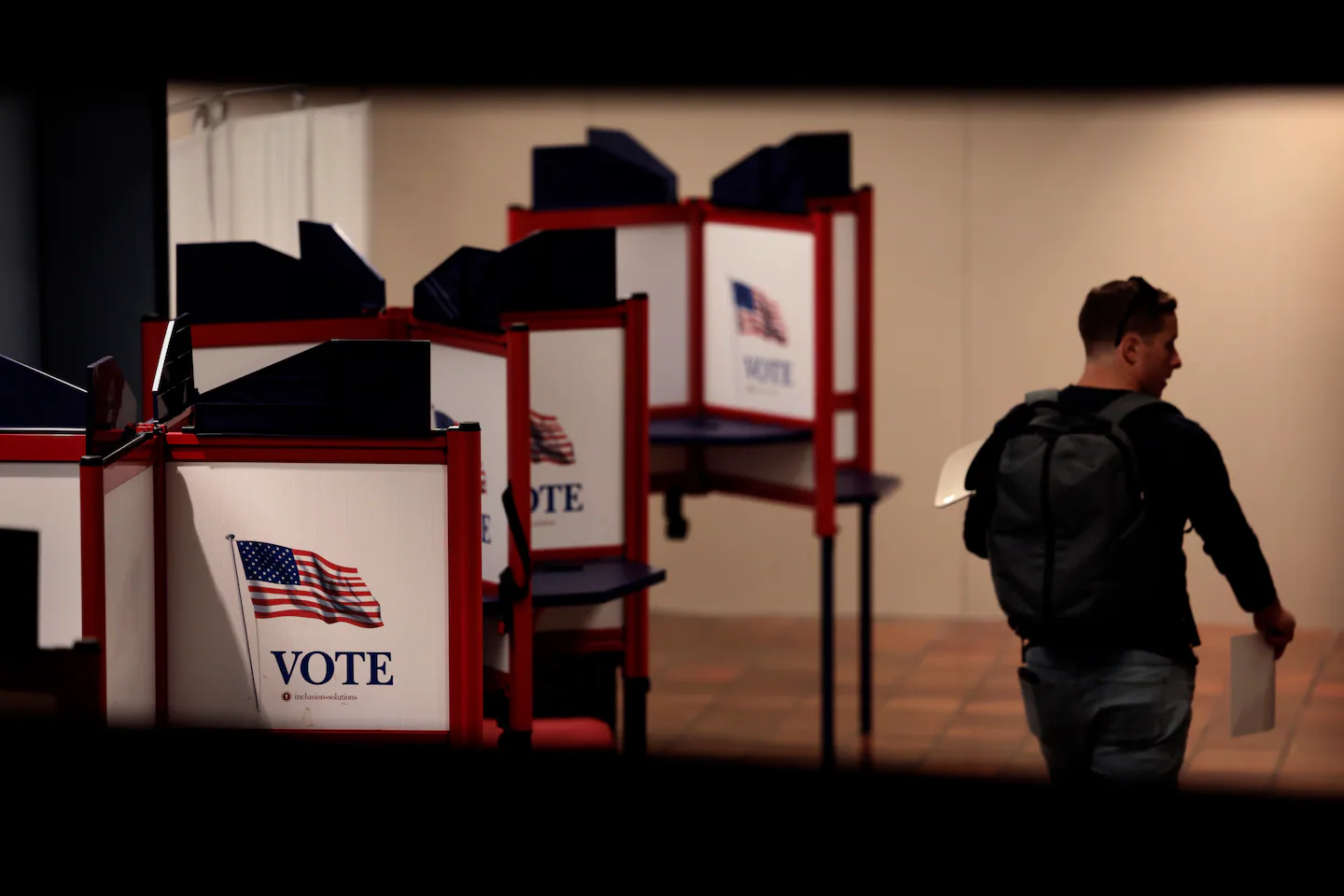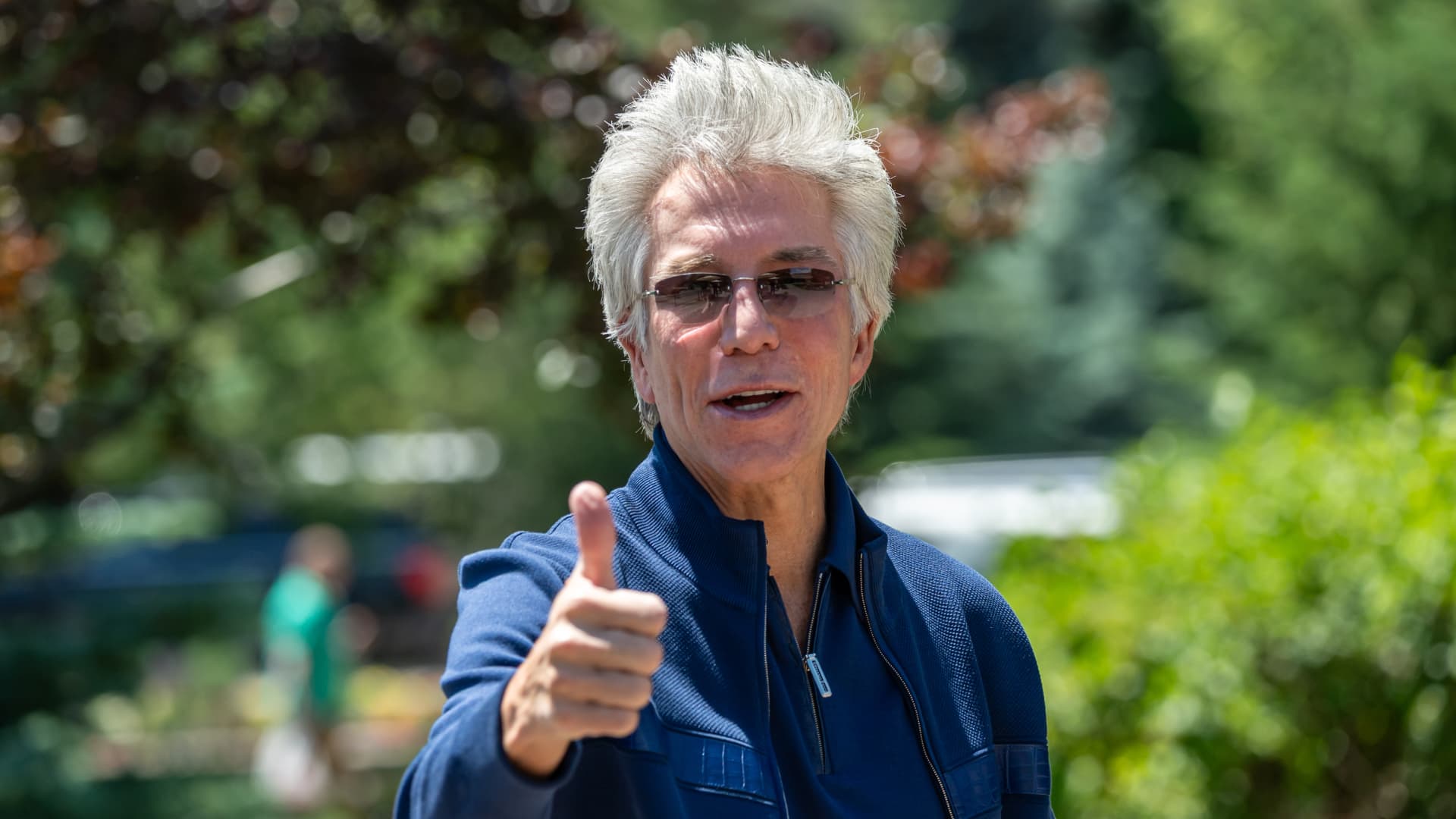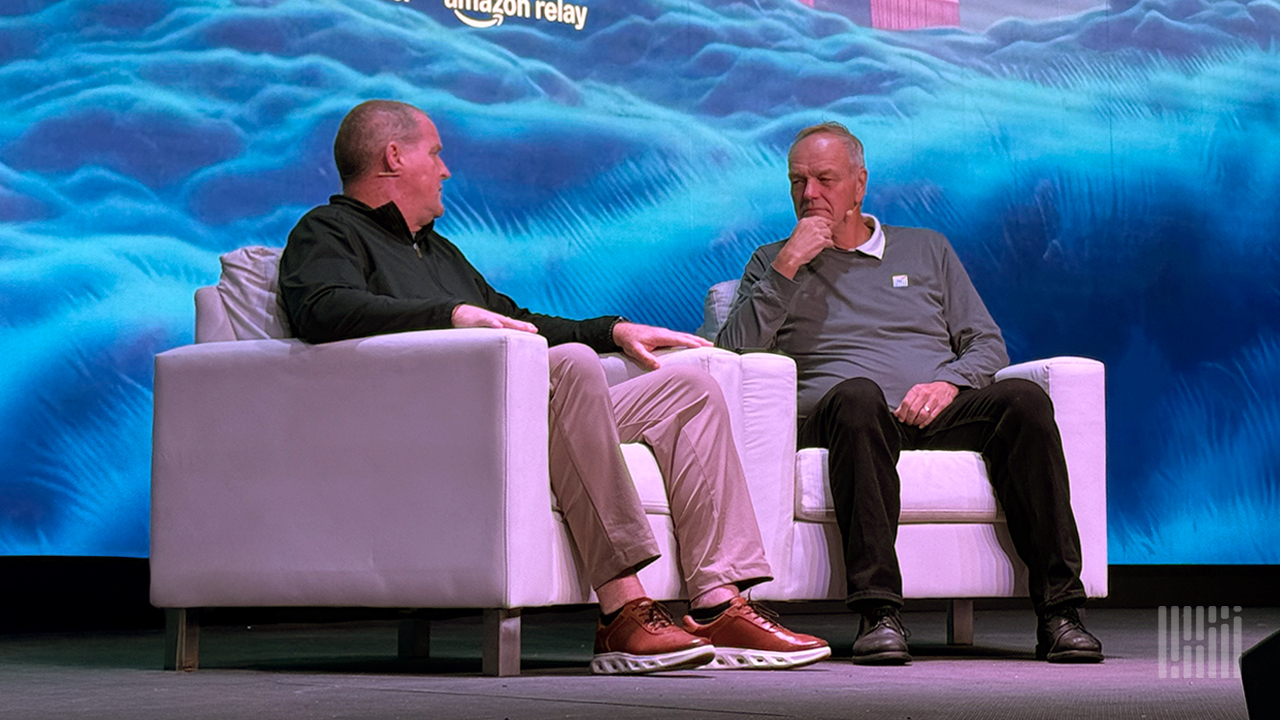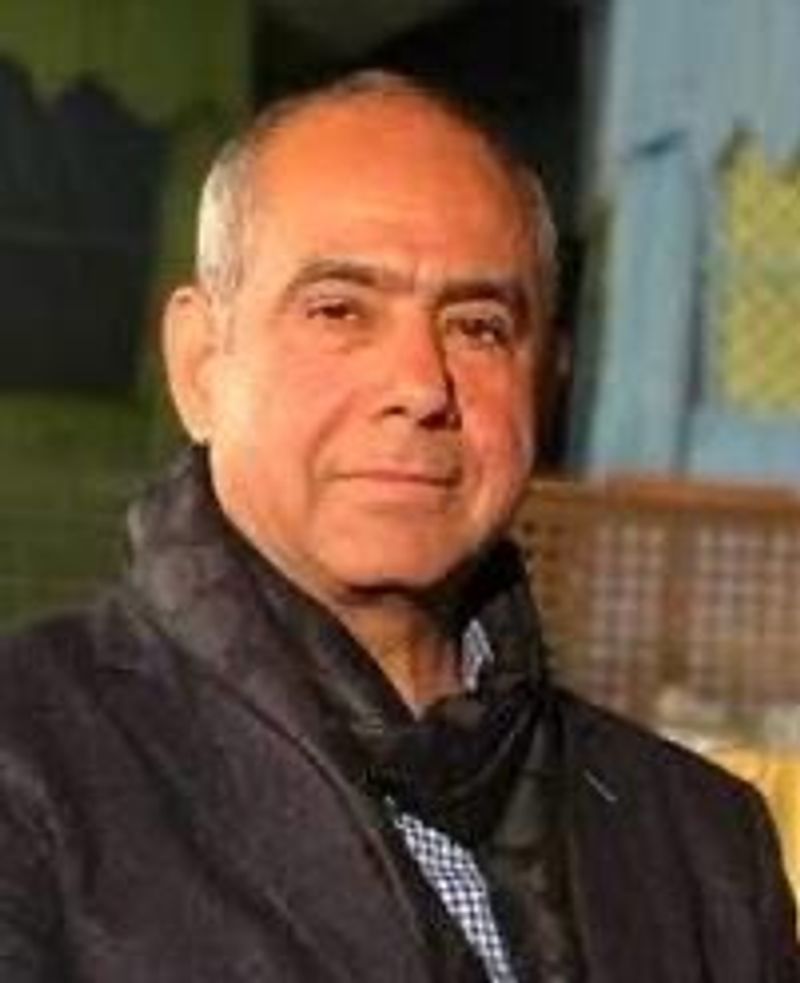Copyright The Boston Globe

Concerns about turnout and speculation over its implications are swirling among Boston’s political class. Will Wu’s predetermined victory mean fewer of her own supporters showing up to the polls, hurting her allies, namely Councilor Henry Santana? Or will it mean fewer people turning out to vote for candidates who are challenging Wu’s coalition on the council, without a Wu alternative at the top of the ticket? Early voting for the general election began on Saturday and drew roughly 2,200 voters over the weekend, according to city data. “A lot of it’s going to come down to the composition of the electorate, and I just don’t know how to predict that without a mayor’s race on the ballot,” said former city councilor Josh Zakim. “It’s challenging.” Wu is riding high after voters awarded her 72 percent of the vote in September’s preliminary election — a whopping 49 percentage points over her primary challenger, Josh Kraft, who ultimately ended his bid to unseat her. Wu has not formally handed out endorsements, but said she voted for Council President Ruthzee Louijeune — who topped the at-large council ticket — as well as Santana and Alexandra Valdez, a first-time candidate who has worked in City Hall for roughly 10 years. Eight candidates in all are vying for the four at-large seats. But not all of the historically Wu-aligned city councilors enjoyed the same swell of voter support she did in September. Boston political insiders have widely considered Santana — who, at 30, is the youngest at-large incumbent and one of Wu’s closest allies on the council — to be most at risk of losing his seat amid his first run for reelection. Santana lacks the name recognition of the other at-large incumbents who have been on the council longer and has faced criticism, including from other councilors, for appearing to simply act as a proxy for the mayor, rather than an independent voice for voters. Santana struggled to collect the 1,500 signatures required to qualify for the ballot until Wu mobilized her network to help. He finished fourth among the at-large candidates in September’s preliminary election with roughly 30,900 votes, nearly 9,000 votes behind third-place finisher, incumbent Councilor Erin Murphy. The other two at-large incumbent councilors — Louijeune and Julia Mejia — came in first and second, respectively. Murphy is considered one of the most vocal Wu critics on the council, and Mejia, while a progressive, describes herself as independent from the mayor’s influence on the body. Former District 3 councilor Frank Baker — a frequent Wu antagonist and one of the council’s most conservative voices during his 12 years in the seat — claimed fifth place, roughly 4,000 votes behind Santana. Baker has pledged to provide pushback against the mayor on the council, echoing some critics’ argument that the body has not been a strong enough check on Wu in recent years. “Listen, as a mayor, you want 13-to-nothing votes [on the council] all day. Is that good for the people of Boston? No,” said former Boston mayor Martin J. Walsh, who has endorsed both Baker, a longtime friend, and Valdez, who finished sixth in the preliminary. Valdez outpaced other first-time candidates — Marvin Mathelier, a small business owner and Marine Corps Reserves member, and Will Onuoha, a City Hall employee of nearly two decades — in September’s election, but still trailed Baker by more than 7,000 votes. That margin, observers said, likely makes November’s vote a race between Baker, the seasoned Dorchester pol, and Santana, Wu’s former director of civic organizing who in recent days has drawn help from a super PAC and scored the endorsement of US Senator Ed Markey. “Henry Santana is still a little fragile here, and I think you cannot count out Frank Baker,” said longtime political strategist Joyce Ferriabough Bolling. “Baker has to smell blood in the water.” Some Baker supporters argue that Kraft not being on the ballot won’t necessarily hurt Baker, noting that Baker received almost 5,000 more votes than Kraft did in September. Baker’s campaign has also raised far more money — more than $256,000 — than any other City Council candidate this year, and has gotten a boost from a super PAC led by Walsh allies. Annissa Essaibi George, a former city councilor who endorsed Baker, said Wu’s ability to clear the field in this year’s mayoral race could actually work in Baker’s favor. Without her own race to run, she argued, Wu’s extensive campaign apparatus may not mobilize voters the way it would if Wu had an active challenger. “[Santana] would not be on the ballot if it wasn’t for [Wu’s] work,” said Essaibi George, who ran and lost against Wu for mayor in 2021. “She is critically important to his success.” Baker told the Globe he views Santana as vulnerable, but said when he pitches himself to voters, he emphasizes his own record. “I’m far and away more experienced than all of them,” Baker said of the at-large field. “First and foremost, [I’m planning on] showing up, returning calls, and making sure I’m responsive to the people of Boston.” Dan O’Brien, a professor of public policy and urban affairs at Northeastern University, said the preliminary results could bode well for Santana. He emphasized that turnout in specific districts, including those with incumbents running unopposed, could play a big role in the race. The potential for relatively high turnout in District 7 — one of the most diverse areas of the city and the only district with an open seat on the ballot this year — could also benefit Santana, he said. Turnout could also be lower in the two uncontested races — which include Baker’s former seat, District 3 — as well as in other districts where the incumbent councilors are facing relatively unknown challengers. “Santana has the higher ceiling here, because if Baker is having that much success with a pretty established political operation, and still came in fifth, that suggests that his message is only going so far with the voters beyond his base,” O’Brien said. Political consultant Reynolds Graves, who ran an unsuccessful campaign for District 7 candidate Mavrick Afonso this year, also said it would be a mistake to discount Wu’s influence on November’s contest. Without her own race to worry about, Wu could direct her focus and resources toward Santana’s reelection, he said. “She had a mandate when she won the first time, and now her mandate is even bigger,” Graves said. “How does she want to expend that political capital? ... I’m sure she’s going to do everything she can to make sure he gets back in there.” That dynamic was on display at a fund-raiser Wu and other elected officials hosted earlier this month for Santana in Jamaica Plain. Dozens of people filled the back room of the Brendan Behan Pub, munching on sandwiches and popcorn as Santana worked the room. “This is so important, this moment, this city, this candidate-slash-leader we already have,” Wu told the crowd. “We’ve got to keep [Santana] right where he is, to keep doing the work.” Santana also directly acknowledged his vulnerability, but said he’s “always lived [with] the underdog mentality.” “They’re trying to take me out because of the values that I represent, the people who I represent,” he said. Santana said he believes in Wu’s vision for Boston, and emphasized that they’ve collaborated on several fronts, including investing in youth jobs, spurring housing development, and improving public safety. Wu is “pushing our city forward,” he said, “and I want to be part of that.” State Senator Lydia Edwards, an East Boston Democrat, has endorsed five candidates in the at-large race, including both Santana and Baker, with whom she worked with during her time on the City Council. She said Santana, as a young, Black immigrant who grew up in public housing, and Baker, a working-class man from Dorchester with extensive council experience, each represent important parts of the city. “I want both Bostons at the table,” Edwards said.



